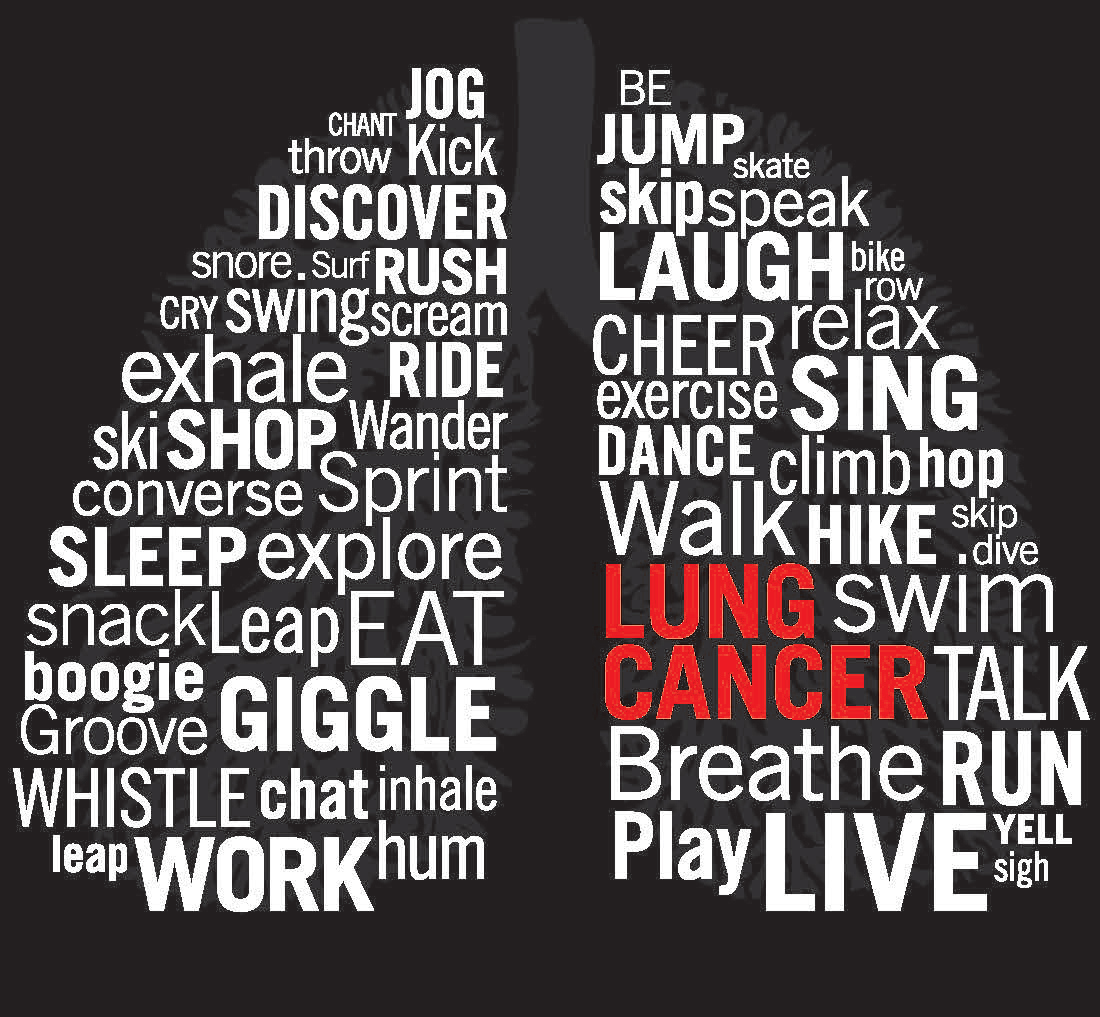
Lung Cancer: Are You at Risk?

Lung cancer is the most common cancer worldwide and has one of the lowest survival rates. This is due to the fact that the disease often shows no signs or symptoms until the cancer has progressed, making it less treatable. Dr. Jay Hendler, Medical Director for Pulmonary Medicine at CaroMont Regional Medical Center answers some common questions about lung cancer and why screening is so important.
Who is most at risk for developing lung cancer?
People who smoke cigarettes are 15 to 30 times more likely to develop lung cancer than people who do not smoke. Encouragingly, people who quit smoking have a lower risk of lung cancer than if they had continued to smoke, but still, their risk is higher than the risk for people who never smoked. Quitting smoking at any age can lower an individual’s risk of lung cancer. Just ten years after quitting, your risk of developing cancer drops to half of what it was before.
How can a person lower their risk for lung cancer?
Even smoking a few cigarettes a day or smoking occasionally increases the risk of lung cancer. The more years a person smokes and the more cigarettes smoked each day, the more the risk goes up. I always tell my patients that there is never a bad time to quit smoking.
What are the signs and symptoms of lung cancer?
One of the most dangerous things about lung cancer is that often, there are no signs or symptoms present until the cancer is significantly progressed. When a person has lung cancer, they have abnormal cells that cluster together to form a tumor. Unlike normal cells, cancer cells grow without order or control, destroying healthy lung tissue. These malignant tumors grow too fast, preventing organs in the body from functioning properly.
The most common symptoms of lung cancer are:
- a cough that persists for multiple weeks without improving and often, worsening
- chest infections that do not go away or reoccur often
- coughing up blood
- aches and pains when taking in breath or coughing
- feeling out of breath consistently
- persistent feeling of exhaustion or lack of energy
What does a lung cancer screening entail?
Early detection of lung cancer is key to significantly decreasing lung cancer deaths. The goal of lung cancer screening is to enable the detection of cancer cells before they spread. This is accomplished through a low-radiation dose CT scan of the lungs. This technology allows doctors to see a detailed image of the lungs and detect abnormal growths that could represent cancer cells early. The scan only takes a few minutes and is painless.
Who is appropriate for screening?
Recently, the parameters for who is appropriate for lung cancer screening has changed, broadening the patient population who can benefit. We are now conducting screenings for individuals ages 50 to 80, who have at least 20-pack-year smoking history, currently smoke, or have quit within the past 15 years. In a national trial, screening and following up with the doctor's recommendations was shown to reduce the risk of dying from lung cancer by 20%.
What is the most important thing you want patients to know about lung cancer and screening?
Our lung health has never been more important and as doctors, we want our patients to know that if they are at risk, we can help them. CaroMont Health operates a Lung Nodule & Lung Cancer Screening Program that will have a dedicated team of doctors and healthcare professionals who can help guide patients through this process.

If you or a loved one meet the criteria for screening, talk to your doctor to learn if you are a candidate for screening. It could save your life.
Dr. Hendler is the Medical Director of Pulmonary Medicine and the Chief of Staff Elect for CaroMont Regional Medical Center. Having made lung health and the treatment of lung disease his focus for decades, Dr. Hendler is passionate about improving his patient’s wellbeing and chances for a healthy, cancer-free life.
Learn more about lung cancer screening at CaroMont Health by talking to your doctor. Need to find a primary care physician to make a personal plan for your health and wellness? Visit our website.
